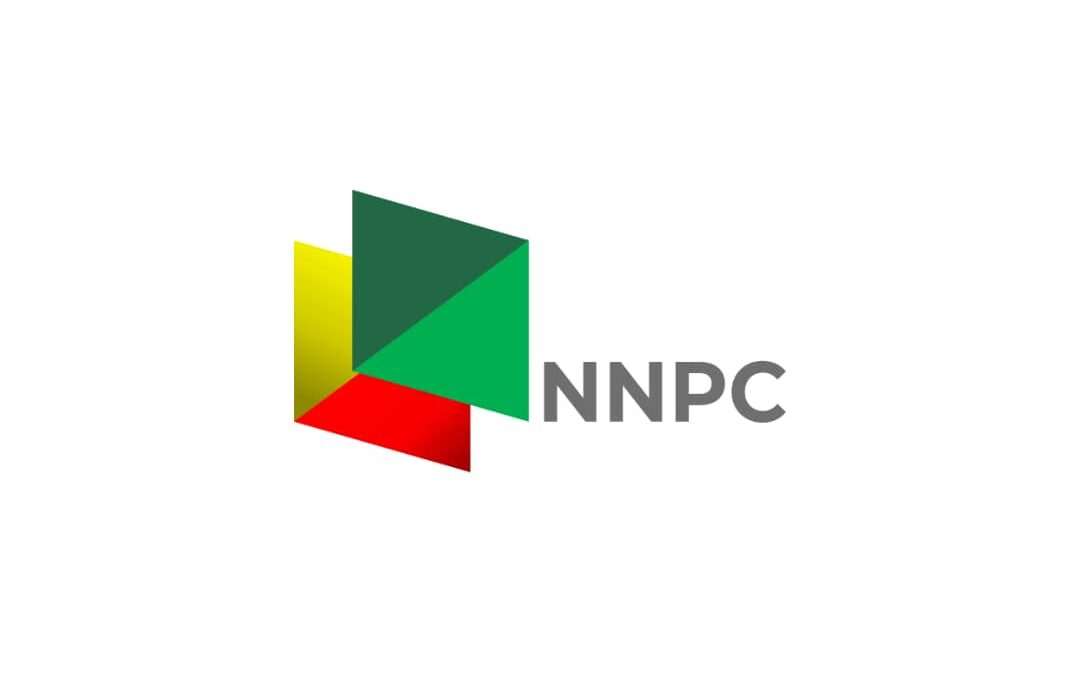By Paul Mamattah/Abigail Teye
Enhanced Maritime Action in the Gulf of Guinea (EnMAR), in collaboration with the Gulf of Guinea Maritime Institute, with support from Expertise France, has organised a three-day workshop in Accra to train journalists and media practitioners on maritime security, safety, and the blue economy in the Gulf of Guinea.
The programme aimed to equip participants with the knowledge, tools, and skills needed to effectively report on complex maritime issues and the European Union’s activities in the region.
The initiative also seeks to promote accurate and constructive media coverage that engages the public, informs policymakers, and combats misinformation.
Additionally, it aims to foster greater awareness and support transparent, independent reporting on maritime affairs across the Gulf of Guinea.
The Public Diplomacy and Visibility Expert of Enhanced Maritime Action in the Gulf of Guinea (EnMAR), Emmanuelle Lécuyer, underscored the critical role of the media in promoting maritime security and sustainable economic growth in the Gulf of Guinea.
Ms. Lécuyer explained that the EnMAR project is implemented by Expertise France, the French International Cooperation Agency, and funded by the European Union.
She said the initiative supports the European External Action Service in strengthening maritime security and promoting economic prosperity in the Gulf of Guinea under the EU Maritime Strategy adopted in 2014 and updated in 2022.
Ms. Lécuyer noted that the Gulf of Guinea faces growing maritime challenges, including drug trafficking, illegal fishing, and marine pollution.
She pointed out that in 2022 alone, Ghanaian authorities seized nearly 60 kilograms of illicit drugs at ports, while the country lost an estimated US$200 million due to illegal operations by foreign fishing vessels adding that pollution from shipping and coastal activities continues to degrade marine ecosystems.
Ms. Lécuyer emphasized that fostering accurate, transparent, and independent reporting is crucial for informed policymaking and public engagement in addressing maritime threats in the Gulf of Guinea.
Speaking at the opening, the President of the Ghana Journalists Association (GJA), Albert Kwabena Dwumfour, called on journalists to play a more active role in shaping public understanding and policy action around maritime security and sustainability in the Gulf of Guinea.
He said the sea remains central to trade, energy, fisheries, and the livelihoods of millions across the region, yet its security and sustainability are increasingly under threat.
Mr. Dwumfour observed that between 2020 and 2021, piracy incidents in the Gulf of Guinea reached alarming levels, accounting for 95 percent of all seafarer abductions worldwide in 2020.
While piracy has declined due to national, regional, and international efforts including the European Union’s Coordinated Maritime Presence, he warned that the risk of resurgence, along with illegal fishing and marine pollution, remains significant.
Mr. Dwumfour noted that Ghana has demonstrated leadership in regional maritime security, citing the establishment of the ECOWAS Multinational Maritime Coordination Centre for Zone F, based at the Osu Castle in Accra.
The Centre, which brings together Ghana, Côte d’Ivoire, Liberia, Sierra Leone, Guinea, and Burkina Faso, monitors maritime activities, shares intelligence, and coordinates joint responses to piracy, trafficking, and other maritime crimes.
He said Ghana’s efforts are aligned with broader frameworks such as the Yaoundé Code of Conduct, the ECOWAS Integrated Maritime Strategy, the 2050 Africa’s Integrated Maritime Strategy, and the African Union’s Agenda 2063 all designed to safeguard Africa’s maritime domain and promote sustainable use of ocean resources.
Highlighting the critical role of the media, Mr. Dwumfour lamented that maritime issues remain under-reported due to their technical complexity. This, he said, creates a gap between policy action and public awareness, making it difficult to mobilize support for reforms and investments.
He described the training as an investment in building a new generation of journalists equipped to tell Africa’s maritime story with clarity, accuracy, and depth.
Mr. Dwumfour stressed that empowering journalists to report effectively on maritime security, the blue economy, and environmental challenges will strengthen transparency, accountability, and democratic governance.
“The ocean’s future must not be narrated by a few it must be told by all,” he said, urging participants, especially women, to take the lead in shaping the narratives of Africa’s maritime future through creativity, digital innovation, and community-focused storytelling.
The programme, which brings together young and mid-career journalists, exposes participants to maritime concepts, investigative tools, ethical standards, and data-driven storytelling techniques.
After the opening session, the delegation went to the Tema Port, an effective introduction to the topic of maritime challenges and opportunities in Ghana.
The post Journalists trained to strengthen reporting on Maritime Security and Blue Economy in Gulf of Guinea appeared first on The Herald ghana.



